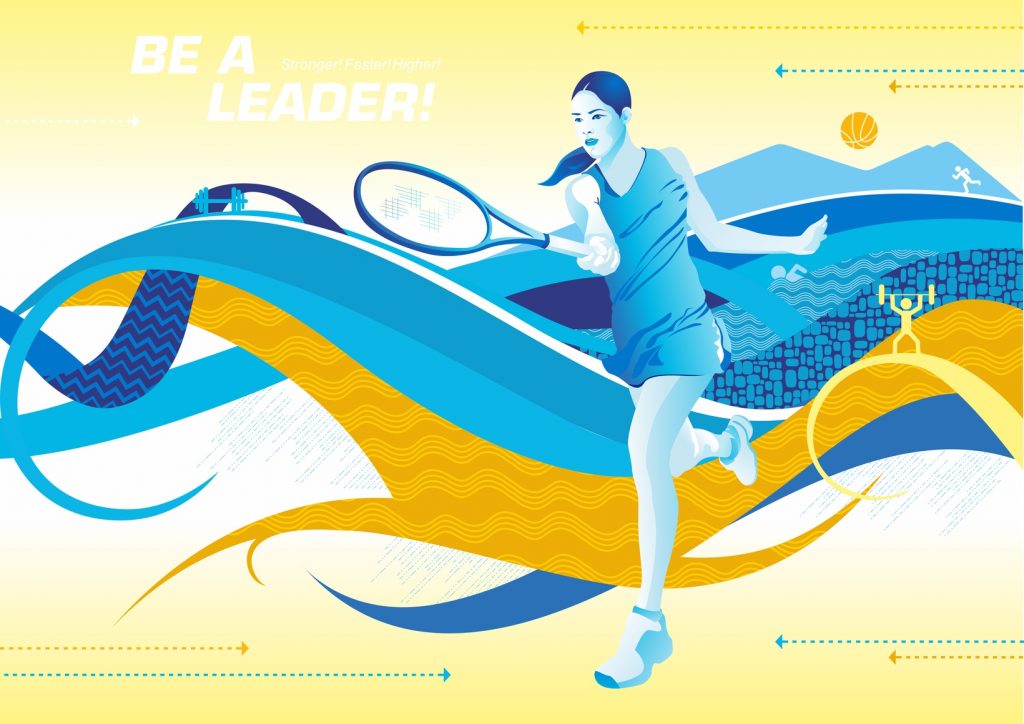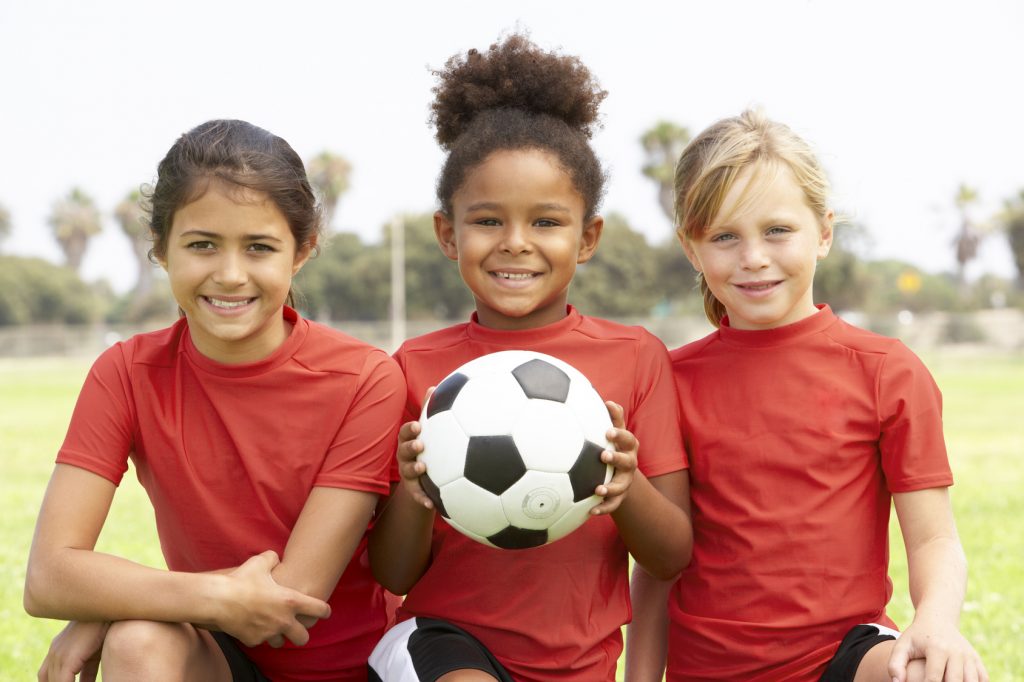The Role of Sport Administrators in Advancing Women in Coaching through Mentorship
The rise of girls’ and women’s participation in physical activity and sport, including at the high performance sport level in Canada, has been encouraging. Unfortunately, this increase in participation rates of females has not been matched by an increase in females in coaching positions. In 2015, the Government of Canada cited that only 25% of…
Preparing for the Future – Building leadership skills in young women

Young girls today have quite a few options to choose from when deciding which sport they wish to dedicate their time and effort to, particularly regarding sports that have traditionally been reserved for boys. While the number of girls in sport is growing and the gender gap is getting smaller, there is still a noticeable…
Why do girls need athletic role models?

When role models are mentioned in sport, the first thing that comes to mind are high profile celebrities. While positive role models can be found in amateur and professional sports, it’s the people they see every day that make the biggest difference. Parents, coaches, teachers or even older siblings often have a profound effect on…
Coaching boys or girls: Is there a difference?

No two athletes are the same. Most athletes have their own ways of approaching practice and competition. As a coach, to get the best out of your athlete you have to get to know them as individuals and as athletes. To do this you have to understand what gets them motivated, their learning style and…